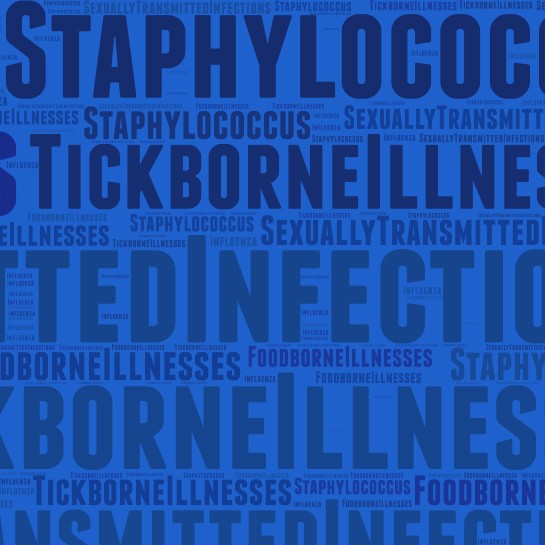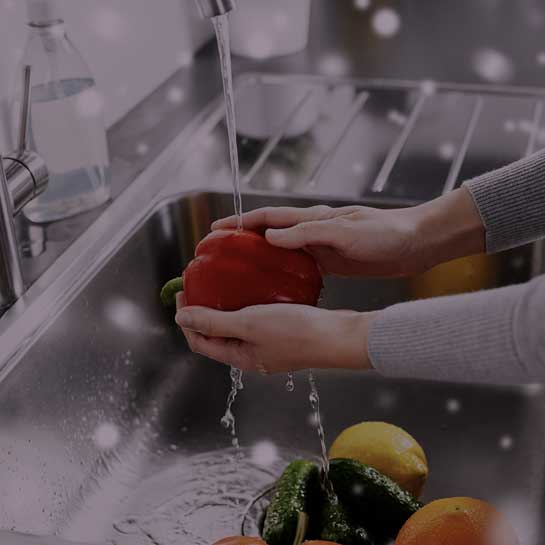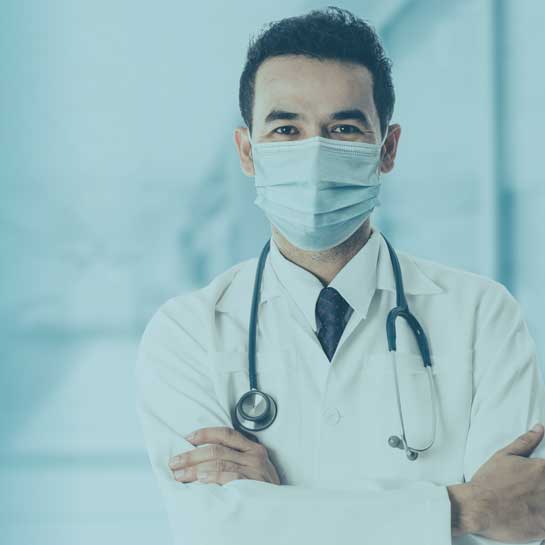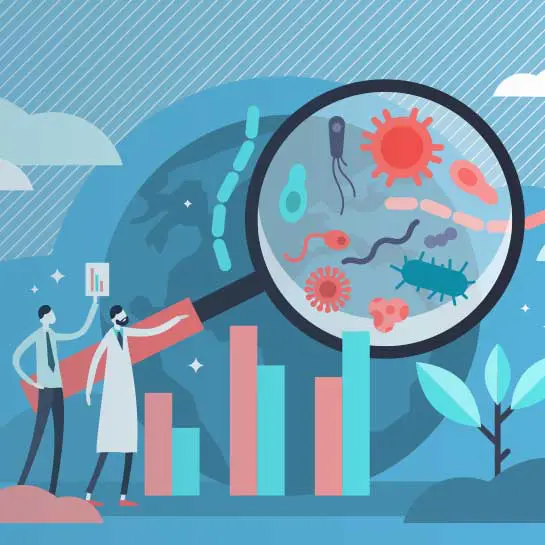Symptoms and Treatment
for E. Coli 0157: H7
What is E. coli 0157: H7?
Did you know that E. coli are a type of bacteria that already live in our intestines? While most types of E. coli are harmless, some can make you extremely ill. E. coli 0157: H7 is a strain of the bacterium that can cause severe diarrhea and sometimes even kidney damage. And while anyone can become infected with this particular strain, children and the elderly are more likely to develop more severe complications. E. coli 0157: H7 lives in the intestines of healthy cattle, and eating rare or inadequately cooked meat is the most common way to contract the E. coli 0157: H7 infection. Meat isn’t the only host of this particular strain, however. It’s also found in vegetables, milk, juice, and cider. That’s why it’s crucial for anyone handling food or the stool of animals to remember to wash their hands. And it’s always a good idea to be careful about what you eat.
What are the symptoms of E. coli 0157: H7?
If you’re infected with E. coli 0157: H7, your symptoms are most likely to appear about three days after you’ve been exposed to the bacterium — usually lasting one to nine days. And while some individuals experience no symptoms at all, or sometimes mild diarrhea, most identified cases have severe diarrhea, abdominal cramps, and blood in their stool.
How does ID Care diagnose E. coli 0157: H7?
ID Care physicians can identify and diagnose E. coli 0157: H7 by sending a sample of your stool to our laboratory for examination. From here, we assess cultures from your stool to confirm whether or not the specific toxins of E. coli 0157: H7 are present.
How does ID Care treat E. coli 0157: H7?
Unfortunately, there is no vaccine or single treatment to cure the infection except rest and plenty of fluids to prevent dehydration and fatigue. Because E. coli 0157: H7 is a very serious strain, ID Care experts may recommend IV infusion fluids — which can be accessed in our state-of-the-art infusion suites designed to maximize your comfort. And although it may be tempting to take an anti-diarrheal medication, doing so will slow down your digestive system — making it harder for your body to rid itself of the toxins. Our team also avoids using antibiotics for the treatment of E. coli 0157: H7 due to the potential for severe side effects or complications.
SOURCES: Mayo Clinic, Centers for Disease Control and Prevention





